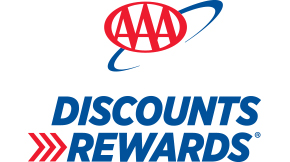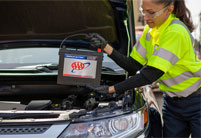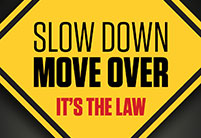Rideshare and delivery drivers face insurance risks
Rideshare and delivery drivers face insurance risks

The rise of rideshare and delivery services has significantly bolstered the number of people gaining income through their vehicles. However, this transition brings important insurance considerations that drivers need to understand before hitting the road.
"If your personal vehicle is used for rideshare, food deliveries, or similar services, these are considered commercial uses of the vehicle and would not be covered by a personal auto policy," explains Michael Jones, member experience insurance advisor with AAA Western and Central New York. "In the event of a claim while using your vehicle for these purposes, the claim would most likely be denied by an insurance company."
Understanding coverage gaps
While Uber provides insurance coverage for rideshare drivers in New York State, Jones points out that "no other rideshare or delivery platform provides it, including Uber Eats." Even when platform coverage exists, it may not offer sufficient protection in the event of a claim.
This creates a critical distinction for different types of gig driving:
- Rideshare driving through Uber has some built-in insurance protection
- Food delivery services and other platforms generally provide no coverage
- Personal auto insurance typically won't cover any commercial driving activities
Commercial insurance: The solution
The answer to this coverage gap is commercial auto insurance. "A commercial auto policy would be needed to provide correct coverage for these uses," Jones explains. He notes that "a vehicle does not need to be registered commercially to have commercial insurance on it; it can still maintain a personal registration."
Using someone else's vehicle
If you're considering letting a friend or family member use your vehicle for rideshare or delivery services, the same rules apply. The vehicle needs appropriate commercial coverage, regardless of who owns it. Without proper insurance, both the vehicle owner and driver could be at risk.
Risk of policy cancellation
Jones warns that the stakes go beyond denied claims: "If the insurance company discovers that someone is using a vehicle for these services, they may cancel the policy, even without a claim." This makes it crucial to be upfront with your insurance provider about how you plan to use your vehicle.
Before starting your side gig
Before beginning work as a rideshare or delivery driver, take these important steps:
- Contact your insurance provider to understand your current coverage limitations
- Research commercial insurance options
- Review any coverage provided by the rideshare or delivery platform
- Consider the total cost of proper insurance in your earnings calculations
Insurance requirements for gig driving can be complex. That’s why it's smart to consult with insurance professionals who can evaluate your specific situation and recommend the right coverage. AAA Insurance advisors are ready to help you find the right protection for your specific needs.










